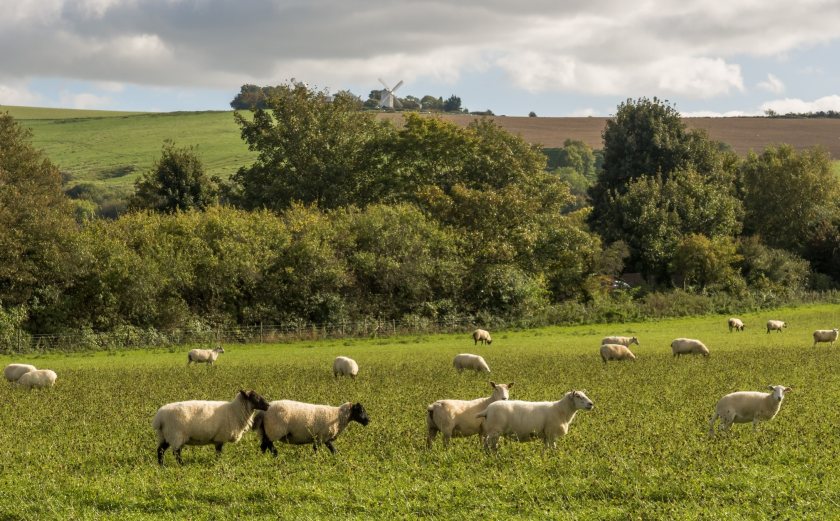
Two further cases of bluetongue in sheep have been identified near Norwich, and a further infected sheep has been detected in East Suffolk.
It follows confirmation of the disease in a single sheep on a farm in Norfolk earlier this week, which made it the first UK bluetongue case this summer.
A 20km Temporary Control Zone was put in place around the impacted farm, located near Haddiscoe, on Monday 26 August.
This has now been extended to include more of Norfolk and East Suffolk following today's news of further cases.
Defra said farmers must remain vigilant and follow the restrictions on susceptible animal and germinal product movements that apply in the zone.
It said: "Following reports of clinical suspicion in sheep on two new premises in Norfolk and Suffolk, bluetongue serotype 3 (BTV-3) has been confirmed in three more animals.
"In accordance with the bluetongue disease control framework, the existing TCZ has been extended and all three animals will be humanely culled to minimise the risk of onward transmission.
"Movement restrictions apply to all ruminants and camelids and to their germinal products."
Bluetongue virus is primarily transmitted by midge bites and affects cattle, goats, sheep and camelids such as llamas.
The impacts on susceptible animals can vary greatly – some show no clinical signs or effects at all while for others it can cause productivity issues such as reduced milk yield, while in the most severe cases can be fatal for infected animals.
The virus can also be spread through germplasm (semen, ova, and embryos) as well as transmitted from mother to unborn offspring.
Farms close to the coast in counties along the east coast of England from Norfolk to Kent and along the south coast from Kent to Devon have been classed as the highest risk of incursion.
Last November, government vets identified the first case of the disease in Britain since 2007.
The government recently set out its plans to minimise the impact of a likely outbreak of bluetongue as experts feared a surge in cases during the summer months.
There is currently no BTV-3 vaccine authorised or approved for use in the UK, however free testing is now available for animal keepers.
BTV is a notifiable disease. Suspicion of it in animals in England must be reported to the Animal and Plant Health Agency on 03000 200 301.
